MySQL Performance Tuning 101: Key Tips to Improve MySQL Database Performance
Percona
SEPTEMBER 1, 2023
This results in expedited query execution, reduced resource utilization, and more efficient exploitation of the available hardware resources. This not only enhances performance but also enables you to make more efficient use of your hardware resources, potentially resulting in cost savings on infrastructure.

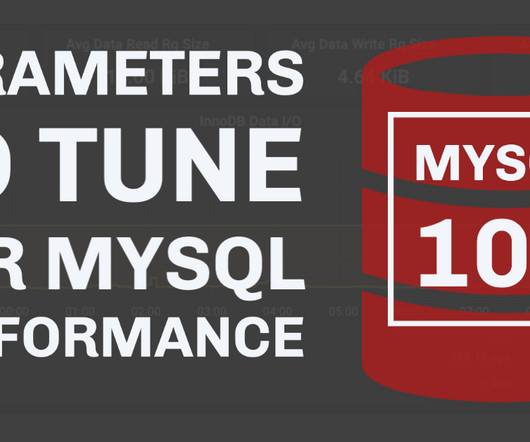
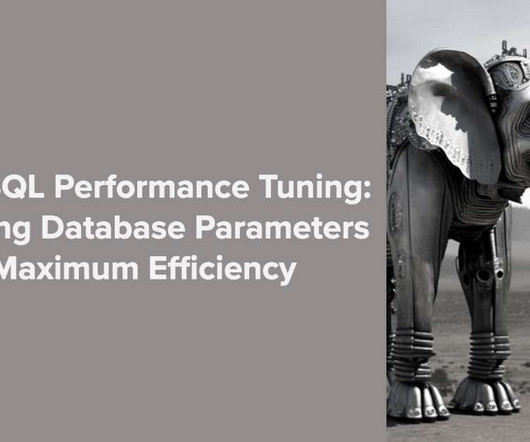




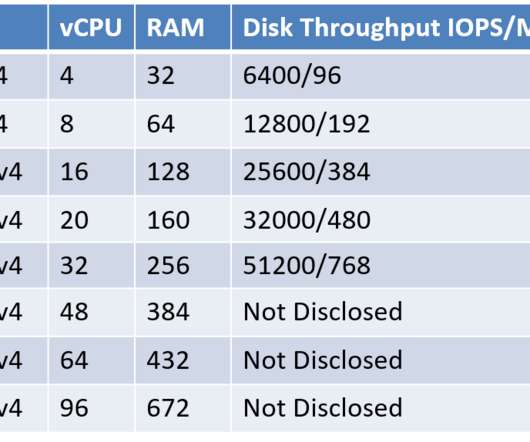
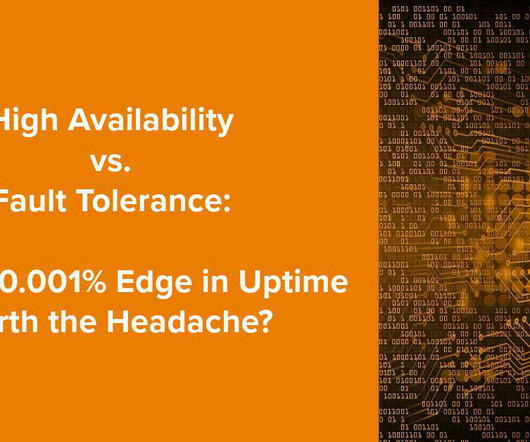


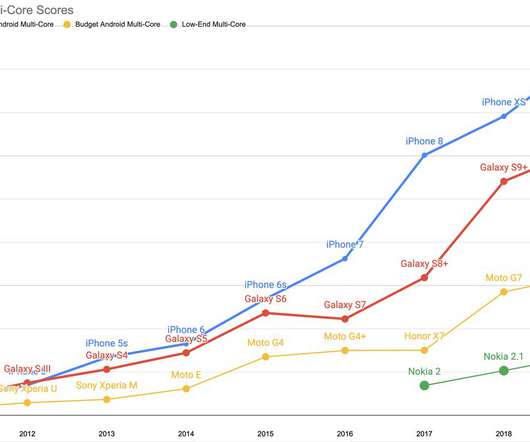


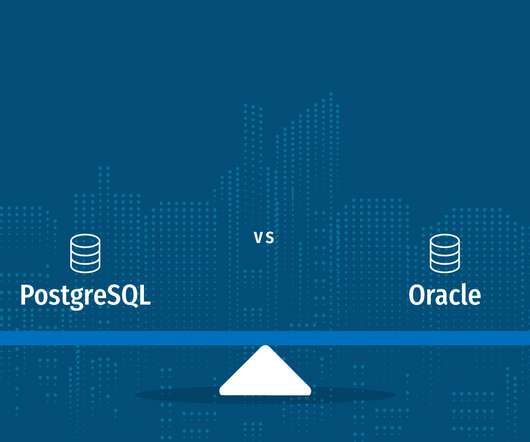









Let's personalize your content